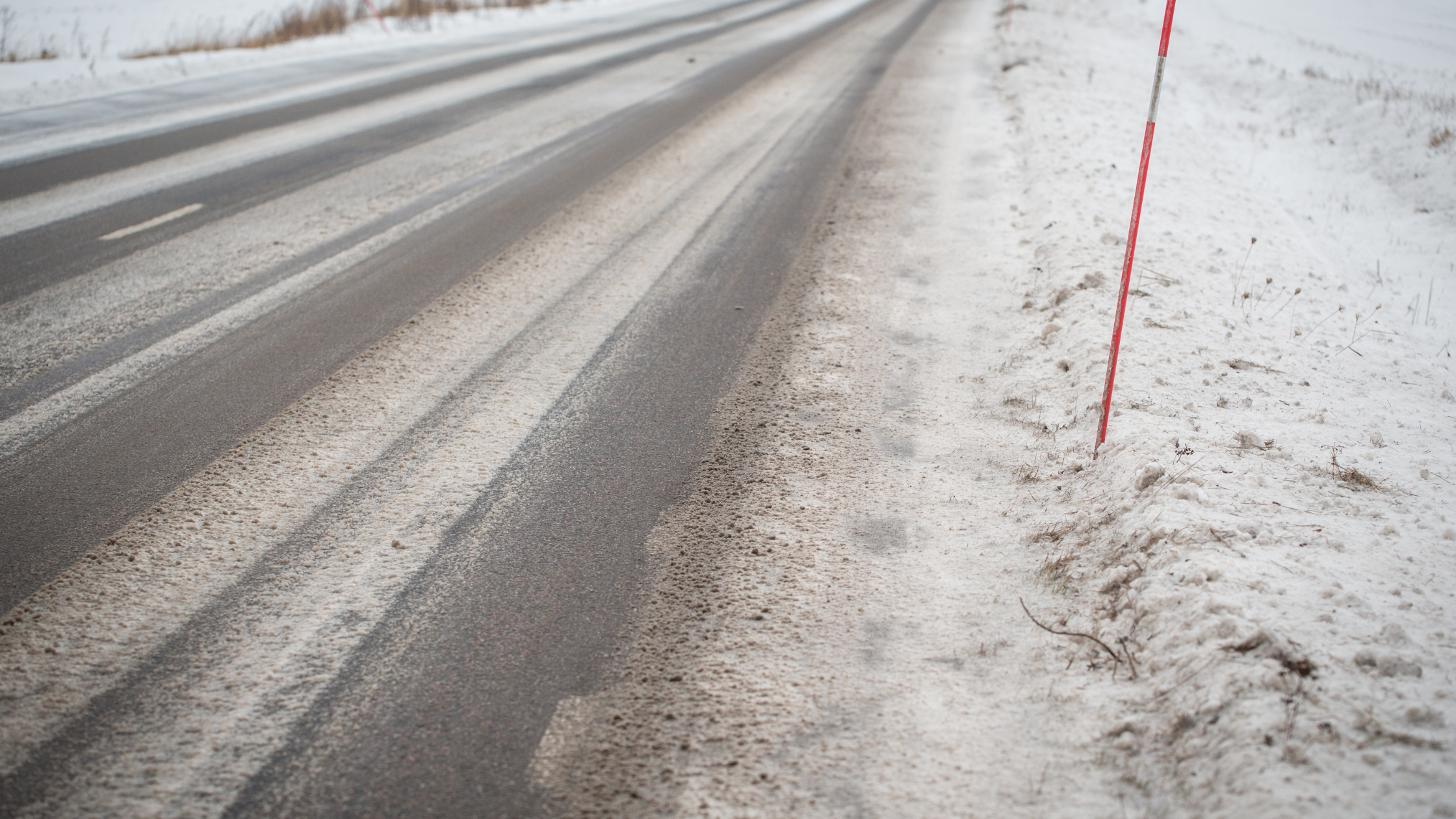
- December 3, 2015
- Lakin Larimore
Q&A With Dan Allison: Winter Weather Driving
We recently sat down with Dan Allison, a learning and development specialist lead. Dan is a former professional driver and resident safety expert. He has nineteen years professional driving experience and over two years in the training department. With the winter season quickly approaching we asked Dan to share some of his experiences and expertise on staying safe while out on the road.
Is winter weather really that serious?
Yes. Winter weather is very challenging for a professional driver. Knowing when to drive and when to shut down because of current or forecast conditions is a serious decision. The goal is to keep yourself and those around you safe.
Winter weather reduces visibility, traction, and stability. An experienced driver slows down in harsh weather. The driver also significantly increases following distance and avoids driving in clusters of vehicles. As conditions deteriorate and vehicle control becomes an issue, even if it is an adjacent vehicle, the profession driver will find a safe haven and stop driving.
What’s your favorite resource to stay on top of weather?
www.wunderground.com … it is an easy to navigate weather app. The information comes from the National Oceanic and Atmospheric Administration but the site is far more user friendly than NOAA.
Advice for new drivers?
Recognize your limited experience and error on the side of safety. Ask questions of experienced drivers you respect. Learn from their errors and accidents to avoid having one of your’ own.
It has been suggested that drivers carry an emergency kit, what are the top five items you recommend drivers to carry?
I think drivers should carry two emergency kits. One for personal purposes and then one specifically for work. For the personal emergency kit I would recommend water, food, protective clothing, mummy bag. For the second kit I recommend a shovel, windshield scraper, flashlight, sand/cat litter and first aid kit
Myth or fact: Most departments of transportation clear highways, so is winter weather really going to affect me?
Myth. You must drive slower on a cleared highway. You must increase following distance. You might not be able to drive at all because a cleared highway can be an icy highway.
What was your worst experience while on the road?
I was driving 35 MPH in the center lane of a snowy three lane road with limited visibility. The big truck in the right lane suddenly veered in front of me at about two or three car lengths distance. I stab braked once, then again. There was so much snow flying behind the trailer I could not see anything. More stab braking down to less than 10 miles an hour. The snow had now cleared and showed the trailer just in front of my hood. BRAKES! BRAKES! We came to a complete stop. Ahead of us was a multi-vehicle accident closing all lanes. Fortunately no damage to truck or cargo.
Leave Your Comment
Many desktop publish packages web page editors now use model text
search for sites their infancy.